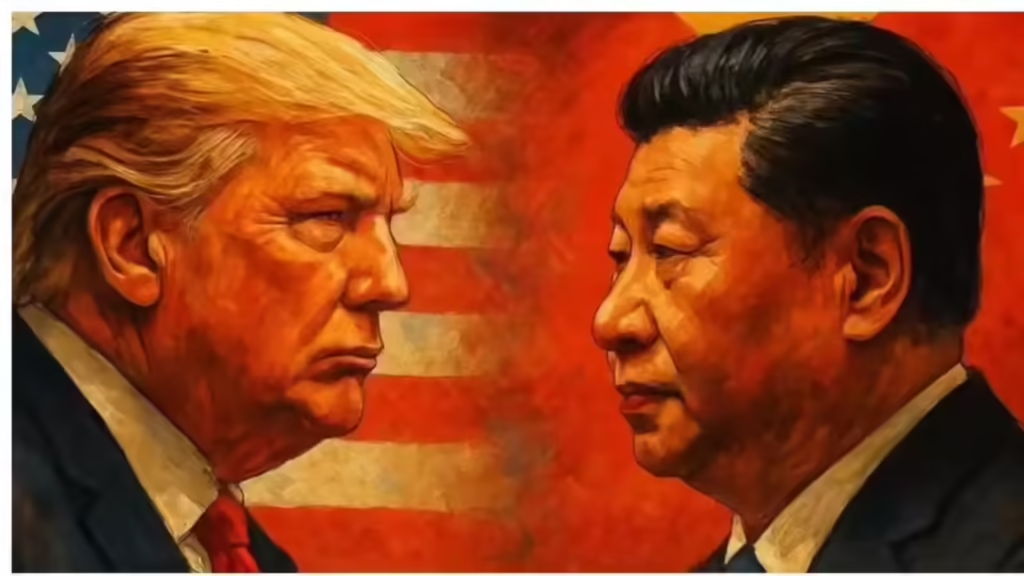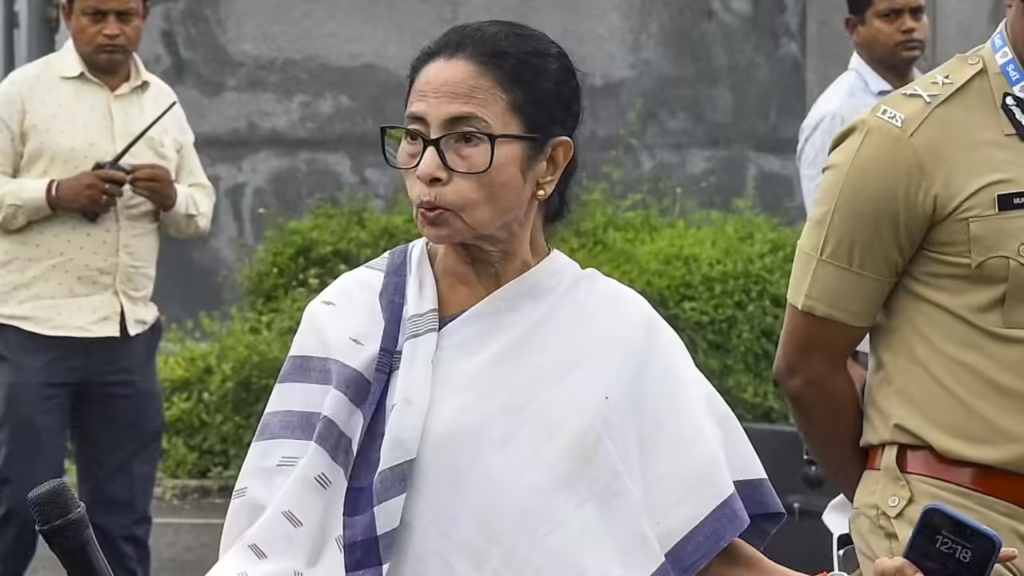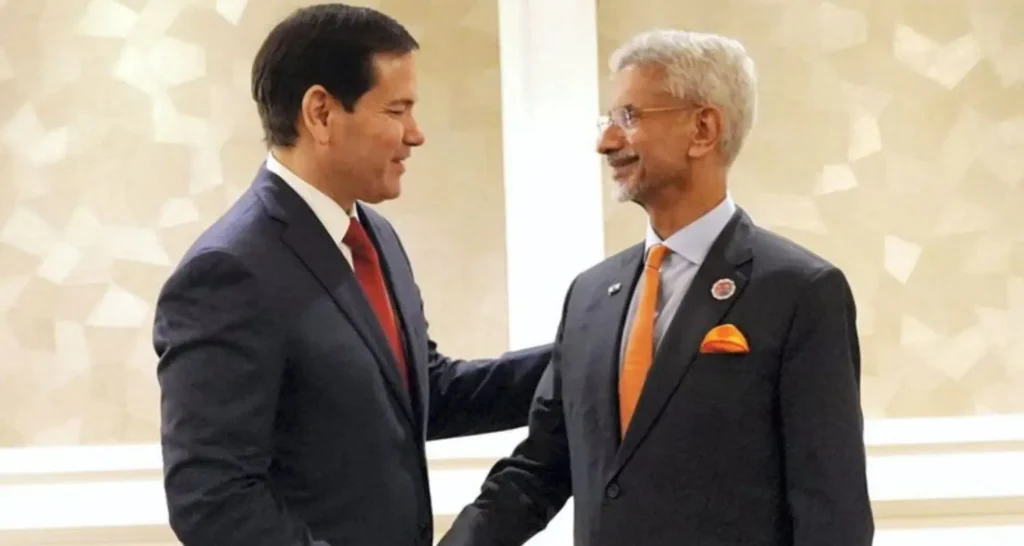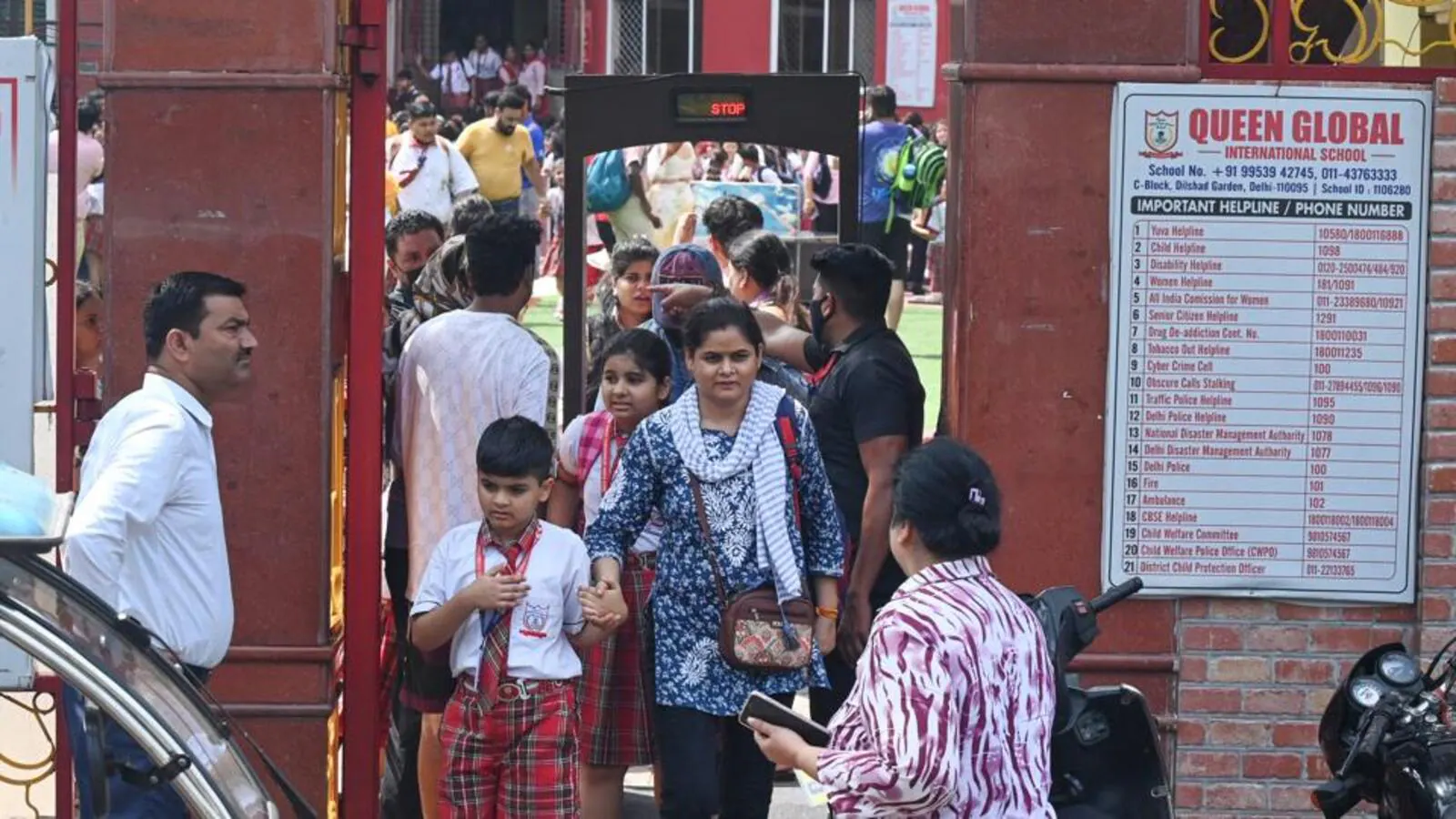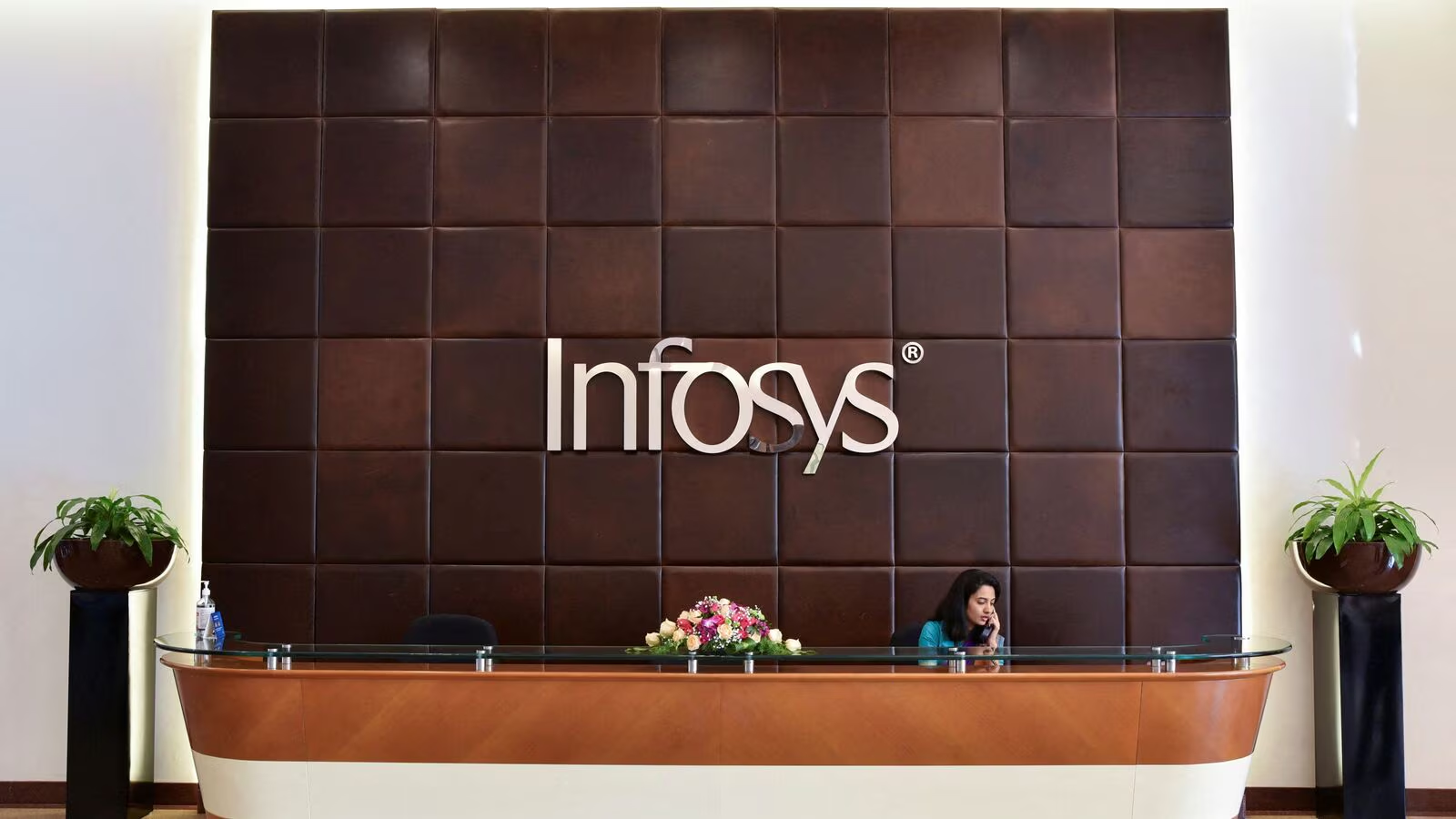Now Reading: New US Policy Lets Immigration Officials Judge ‘Anti-American’ Social Media Posts
-
01
New US Policy Lets Immigration Officials Judge ‘Anti-American’ Social Media Posts
New US Policy Lets Immigration Officials Judge ‘Anti-American’ Social Media Posts
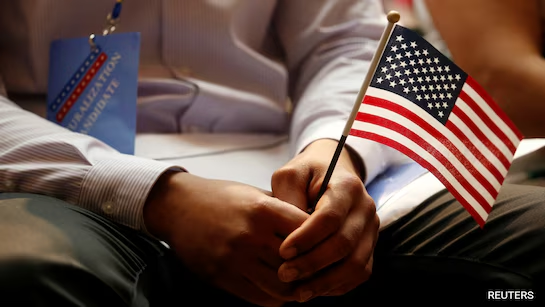
In a significant shift, US immigration authorities now have the power to screen visa applicants’ and green-card seekers’ social media for content deemed “anti-American.” The move expands discretionary power, allowing officers to weigh online posts as an “overwhelmingly negative factor” during immigration decisions. Legal experts warn this vague standard could deter free expression and disproportionately affect certain communities.
Expanded Discretion for Officers
Under new guidelines, US Citizenship and Immigration Services (USCIS) officials are instructed to investigate an applicant’s social media activity for signs of anti-American sentiment—including support for extremist or antisemitic ideologies—and use that as grounds to deny immigration benefits.
Security Boost or Free Speech Risk?
Supporters argue this approach protects national values and public safety. Critics claim that “anti-American” is an undefined term and that allowing subjective assessments may suppress dissent, including legitimate political criticism online.
Impact on Indian Professionals and Families
For Indian applicants—especially from Tier 2 cities—this policy raises uncertainty. Many rely on social media to connect with friends and family or discuss political topics. This move may make them cautious, fearing that harmless posts could explode into visa issues.
Broader Effects Across Sectors
H-1B workers, students, and those seeking permanent residency may now face additional hurdles. Employers and universities may need to reconsider how staff or students manage their online presence, while legal advisors may counsel caution—limiting freedom to speak openly online.
Conclusion
This policy marks a turning point in how social media behavior intersects with immigration. The lack of clarity around what counts as “anti-American” leaves room for arbitrary decisions. As immigration becomes more sensitive to digital expression, applicants must weigh their words carefully, and observers must question how to preserve both security and free speech in a rapidly changing world.








